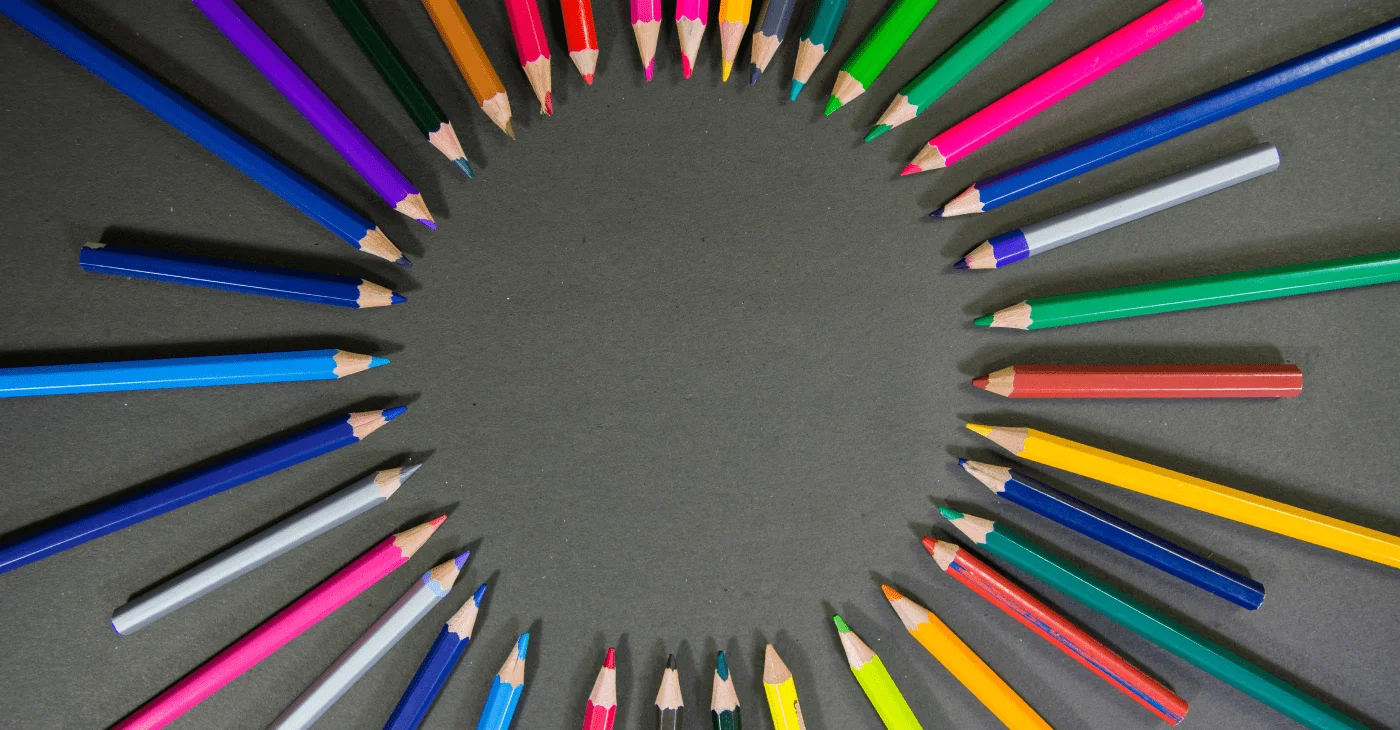

Color contrast is an important aspect of design that is often overlooked. It refers to the difference between two colors and how they are used in relation to each other.
A good color contrast can make a website or application more accessible, engaging, and easy to use.
In this article, we will discuss what color contrast is, why it is important, and how it can help you get more conversions.
Color contrast is the difference between two colors when they are placed next to each other. It is measured by comparing the brightness and saturation of two colors. When two colors have a high contrast, they are very different from each other, and when they have low contrast, they are very similar.
In web design, color contrast is important for two reasons:
Accessibility refers to how easy it is for all users, including those with disabilities, to use a website or application.
Aesthetics refers to how a website or application looks and feels to the user.
Color contrast is important for several reasons.
Color contrast is measured using a tool called a contrast checker. There are several contrast checkers available online, such as the WebAIM Contrast Checker and the Colour Contrast Checker. These tools allow designers to input the colors they are using and determine whether they have sufficient contrast.
In web design, there are several guidelines for color contrast. The Web Content Accessibility Guidelines (WCAG) recommends a minimum contrast ratio of 4.5:1 for normal text and 3:1 for large text (14pt and bold or 18pt). The contrast ratio is calculated by comparing the luminosity of the foreground color to the background color. A contrast ratio of 4.5:1 means that the foreground color is 4.5 times brighter than the background color.
There are several ways to improve color contrast. One way is to choose colors that have a high contrast to begin with. For example, black and white have the highest possible contrast. Other high-contrast color combinations include yellow and black, and white and navy blue.
Another way to improve color contrast is to adjust the brightness and saturation of the colors being used. Brighter and more saturated colors will have higher contrast than duller and less saturated colors. Designers can also use color overlays to adjust the contrast between colors.
In addition to color contrast, designers should also consider the size and weight of the text being used. Larger and bolder text will have higher contrast than smaller and lighter text. By using larger and bolder text for important information, designers can ensure that it stands out and is easily readable.
Now that we’ve covered the importance of color contrast, let’s take a look at some examples of websites that have implemented good color contrast:
Apple is known for its clean and simple design, and the company has done a great job with color contrast on its website.
The black text on a white background makes it easy to read, and the bright, bold colors used for product images and headlines stand out.
Airbnb has a unique brand color – a bright coral hue – that is used sparingly throughout the site.
The white background and black text make the site easy to read, and the coral is used primarily for accents and calls-to-action. This creates a good contrast between the background, text, and accent colors.
Trello is a productivity tool that has a lot of information on its website, but the site is still easy to read thanks to good color contrast.
The white background and black text make the site easy on the eyes, and the use of blue and green for headings and calls-to-action provides a good contrast.
Google’s simple design is a great example of how good color contrast can make a website easy to use.
The white background and black text are easy to read, and the use of blue for links and buttons provides a good contrast.
Slack’s use of color is intentional, with the brand’s signature purple used sparingly throughout the site.
The white background and black text make the site easy to read, and the purple accents provide good contrast.
Color contrast is an important aspect of website design that can significantly impact user experience and conversions. By ensuring that your website has good color contrast, you can make your content more accessible to all users and increase the likelihood of them taking action on your site.
Remember to use tools like the Web Content Accessibility Guidelines and contrast checkers to ensure that your website has good color contrast.
By taking the time to focus on color contrast, you can create a better user experience and improve the success of your website.

I have assisted a variety of businesses, from SaaS to ecommerce, in improving their website designs and increasing their conversion rates over the past few years. Further information about my expertise can be found here.
© 2023 Ravi Desai

Very interesting information!Perfect just what I was searching for!Blog monetyze